Why It's Time To Raise Ducks For The Garden – Move Over, Chickens!
Others might call you quackers, but if you get some ducks for the garden, you can enjoy a host of plot-friendly benefits. Just follow our expert guide to make the most of these unique creatures
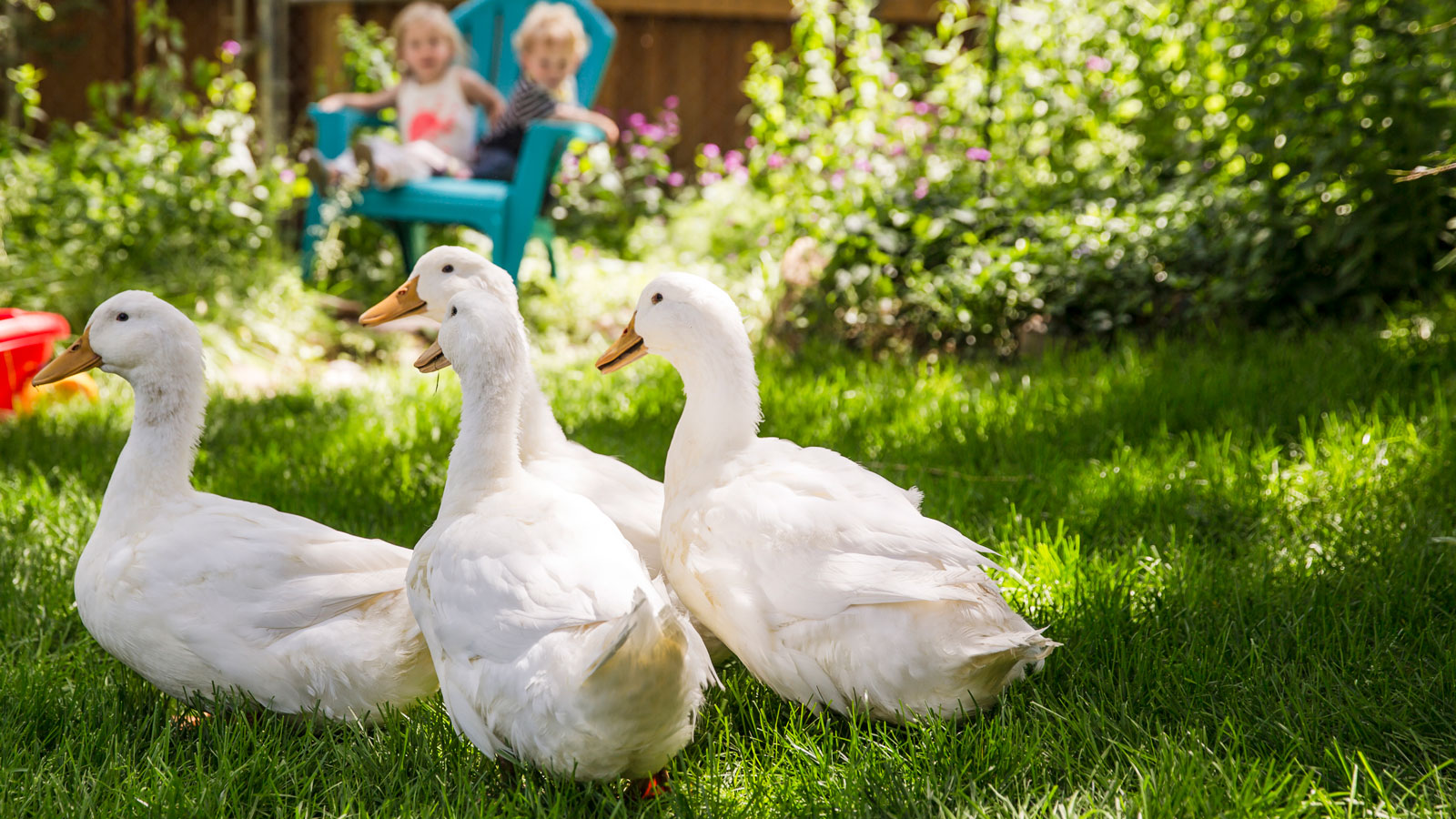

Farm animals may not always seem like the obvious choice for backyards, but choosing ducks for the garden is less strange than you might think. Indeed, these creatures can turn out to be great companions and highly beneficial for your plot. You may already know that they are friendly, intelligent animals, but there’s a whole lot more to gain from having them around if you think you can find the space.
Whether you are looking for novel ways to heighten your pest controls or just a novel way of acquiring fresh eggs, these are some of the most interesting animals you can add to your garden or yard. For anyone keen to enhance their wildlife garden potential, ducks are ideal. Find out why these fascinating birds can add to your gardening exploits.
Are Ducks Good for Gardens?
Ducks in the garden can be a good investment, but be aware of what it takes to keep them safe and healthy. Raising backyard chickens is a pastime that has become very popular, but it can also be a problem in certain areas. Many animal rescues have seen a big uptick in abandoned birds as homeowners realized they had bitten off more than they could chew. The same could be said for ducks if you aren’t prepared.
Still, if you are ready to take on a backyard animal, ducks are a great option. They can provide several benefits for a garden, as long as you do it right and realize that animals like these are a true commitment. They will depend on you for the rest of their lives, and they do need adequate space and resources to be truly happy.
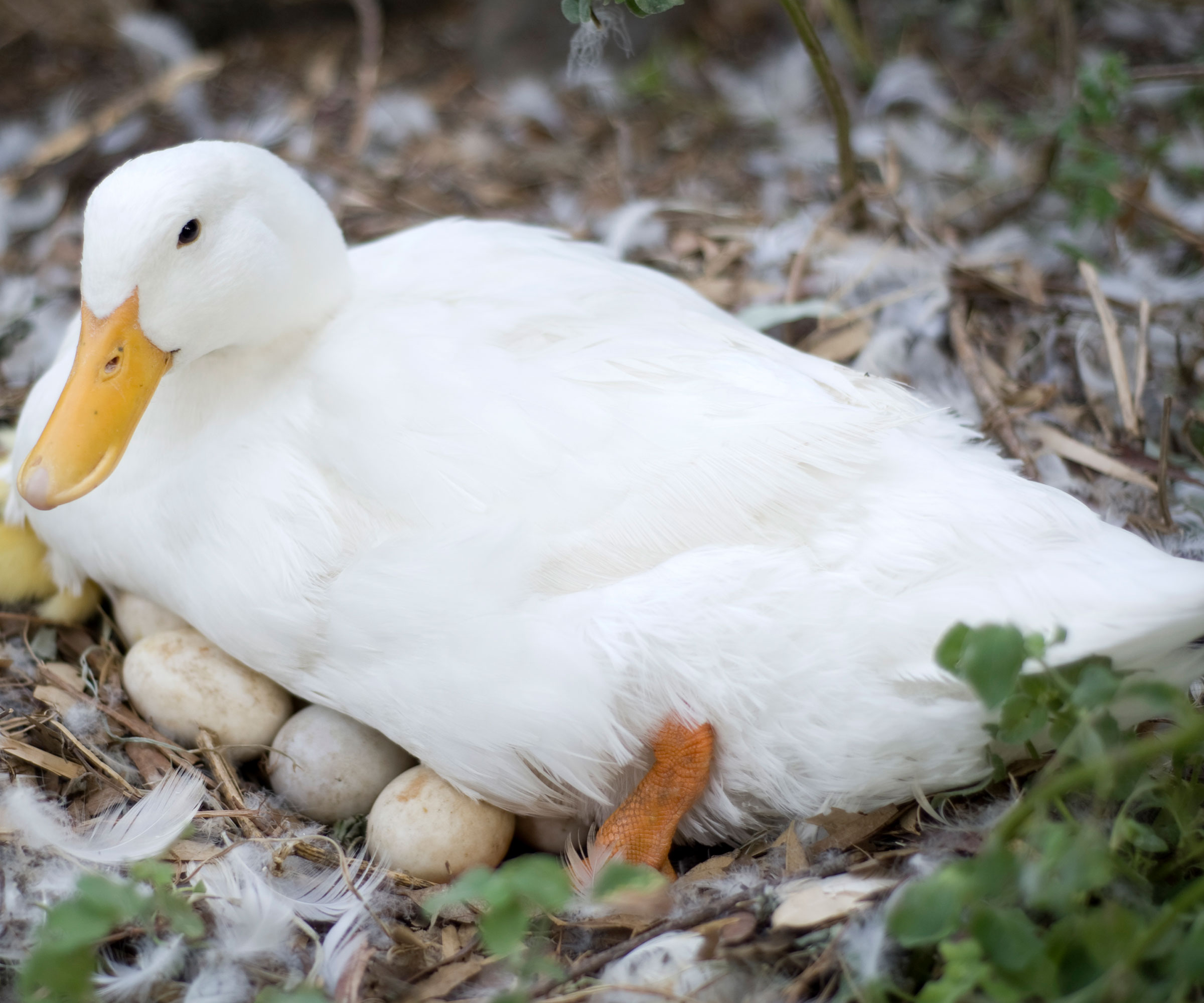
Benefits of Ducks for the Garden
If you’ve been wondering ‘What are ducks good for?’ then rest assured there is a lot to recommend them. The first and most obvious reason for keeping ducks is that it’s fun. Domestic ducks can be great friends in the garden, keeping you company and providing entertainment. Beyond this benefit, consider these other reasons to raise ducks:
- Ducks are a cleanup crew: Even when kept domestically, ducks forage for much of their food. For anyone looking for easy alternative ways to mow a lawn, ducks will help keep your grass trimmed in summer. They will also scoop up fallen fruit from trees and shrubs.
- Easy feeding: Because they forage so much, you don’t have to feed ducks as much as you would a flock of chickens. They’ll just need regular pellet food for adequate nutrition and greens in winter when they cannot access grass.
- Duck pest control: If you’re looking for an alternative natural pest control, look no further than a flock of ducks. They love to eat pests like snails and slugs. They’ll also eat grubs and larvae before they develop into adult pests.
- An abundance of eggs: Like chickens, ducks will provide you with eggs, but there are some differences. Some people who are allergic to chicken eggs can eat duck eggs, which are richer in flavor. Depending on the breed, ducks can produce more eggs per year (and for more years) than chickens.
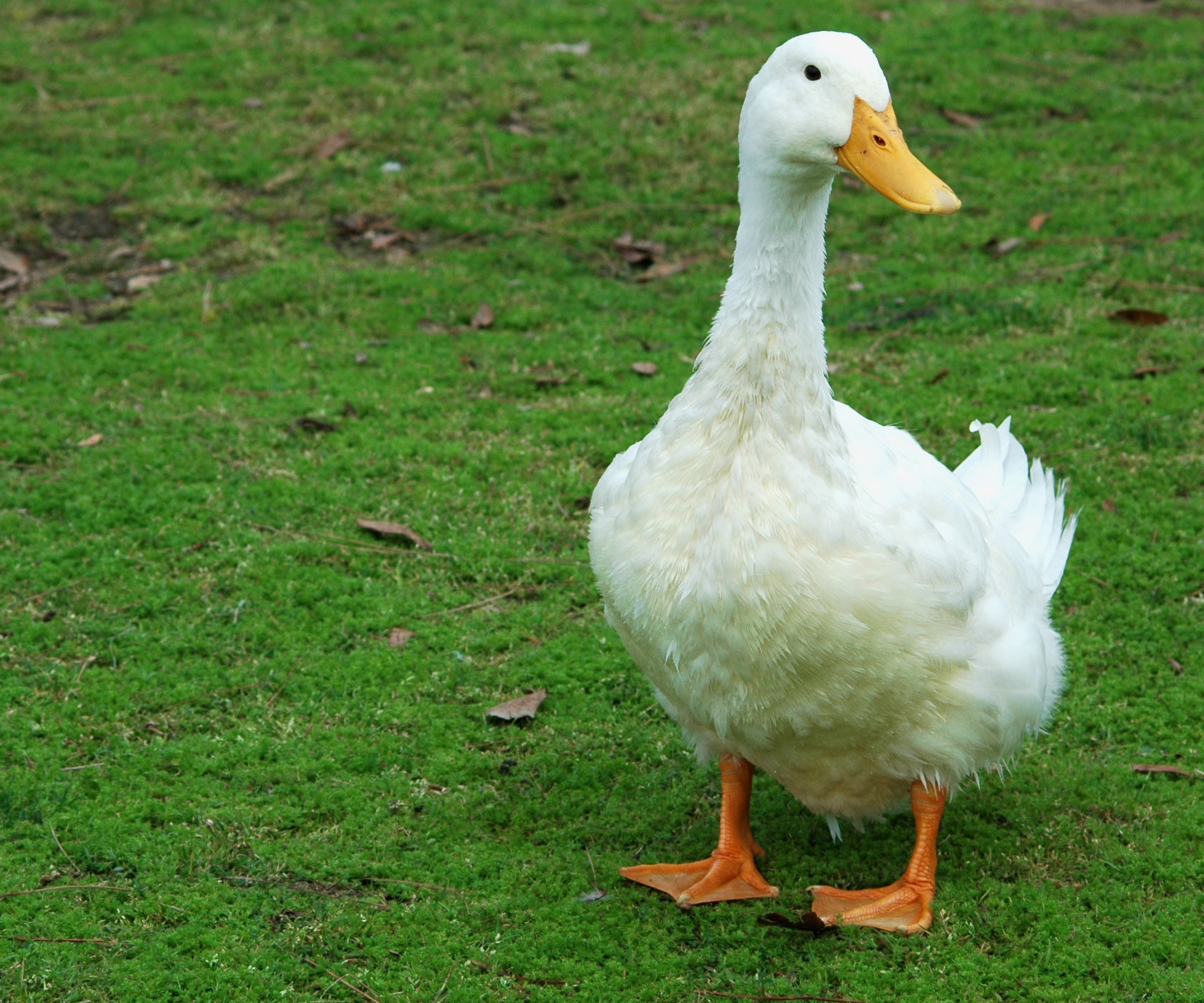
Disadvantages of Ducks in the Garden
While ducks for the garden can be advantageous, there are downsides, too. As with any animal, ducks are a responsibility. They will depend on you for food, water and safety for the duration of their lives.
Most domestic duck breeds cannot fly more than a couple of feet, but they still need to be contained. Because they can’t fly much, a low barricade of about two feet (60cm) is adequate. They also need a predator-safe enclosure for nighttime.
Gardening tips, videos, info and more delivered right to your inbox!
Sign up for the Gardening Know How newsletter today and receive a free copy of our e-book "How to Grow Delicious Tomatoes".
While they eat grass, ducks don’t nibble on most garden plants. They will, however, eat any lettuce you are growing if left uncovered, as well as other greens. Also, if allowed to roam in a vegetable garden, their big, flat feet can damage seedlings.
Frequently Asked Questions
Is Duck Poop Good Fertilizer?
Ducks roaming your yard and garden will deposit rich, natural fertilizer everywhere they go. You might not want to collect it and use it elsewhere, but their droppings will add nutrients to the soil wherever they move around.
Will Ducks Eat My Garden?
Ducks don’t have a taste for most garden plants besides grass. The exceptions are vegetable greens (especially lettuce) and certain fruits like strawberries. Use barriers to keep them away from these areas to ensure your edibles are safe.
Do Ducks Eat Slugs?
Yes, ducks love to eat slugs and snails. They provide valuable and natural pest control in gardens.

Mary Ellen Ellis has been gardening for over 20 years. With degrees in Chemistry and Biology, Mary Ellen's specialties are flowers, native plants, and herbs.
-
 Looking For Plants To Give You The Soft And Fuzzies? Try These 5 Fuzzy Leaf Plant Options
Looking For Plants To Give You The Soft And Fuzzies? Try These 5 Fuzzy Leaf Plant OptionsLovers of texture, drama, silver foliage and tactile plants will adore these special sensory garden additions. These fuzzy leaf plant options will leave you all aglow
By Susan Albert
-
 Get Ready For A Summer Of Hummers! Grow These Full Sun Hummingbird Plants and Flowers
Get Ready For A Summer Of Hummers! Grow These Full Sun Hummingbird Plants and FlowersIf you’re lucky enough to enjoy a sunny backyard, make sure you are maxing out on your pollinator opportunities and grow these full sun hummingbird plants and flowers
By Tonya Barnett
-
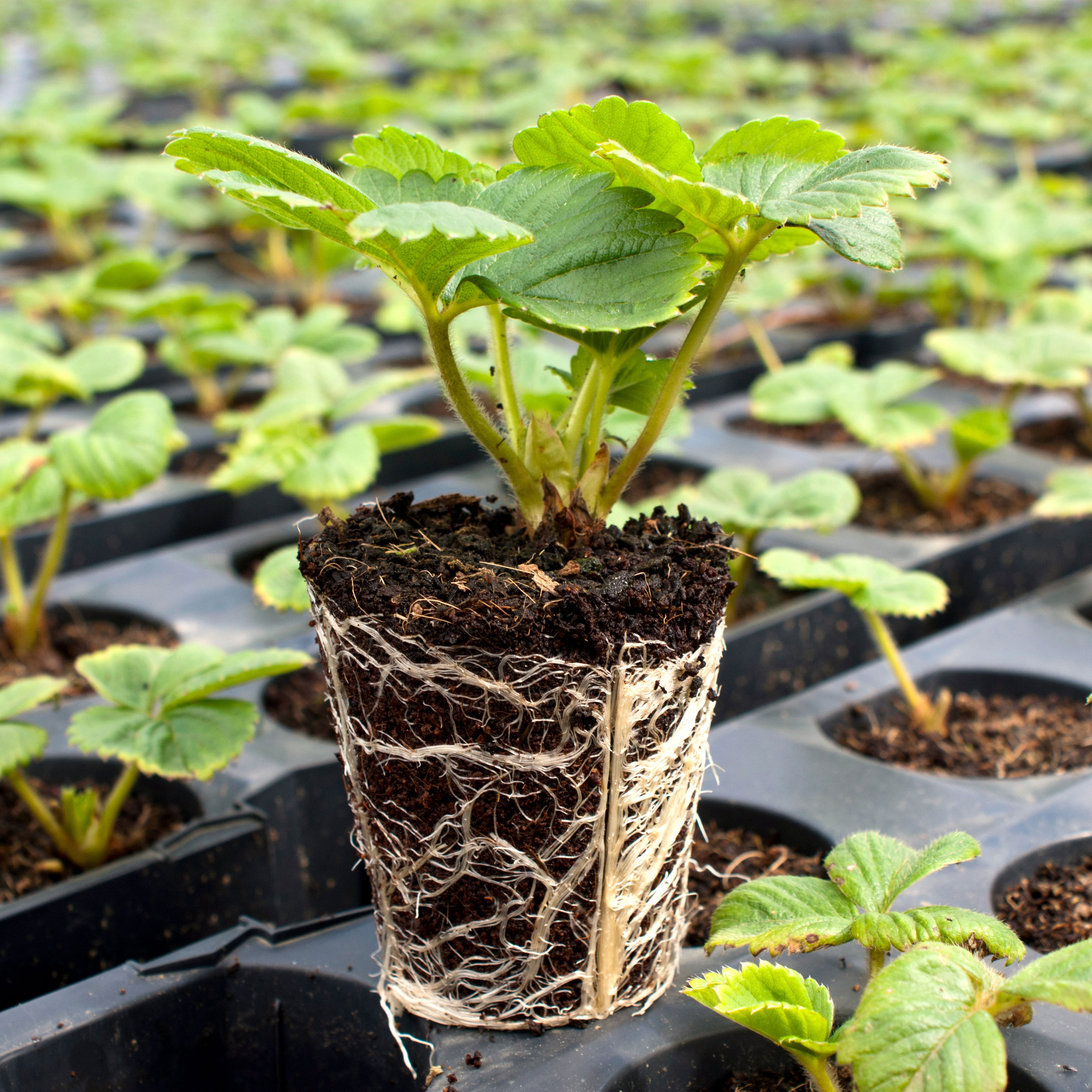 Why Choose Plugs For Plants? 3 Benefits Of Using Plug Plants For Beds, Baskets And Edibles
Why Choose Plugs For Plants? 3 Benefits Of Using Plug Plants For Beds, Baskets And EdiblesEver thought of growing plugs for plants and wondered whether it was worth it? We reveal the key reasons why they can help you with your growing ambitions this year
By Tonya Barnett
-
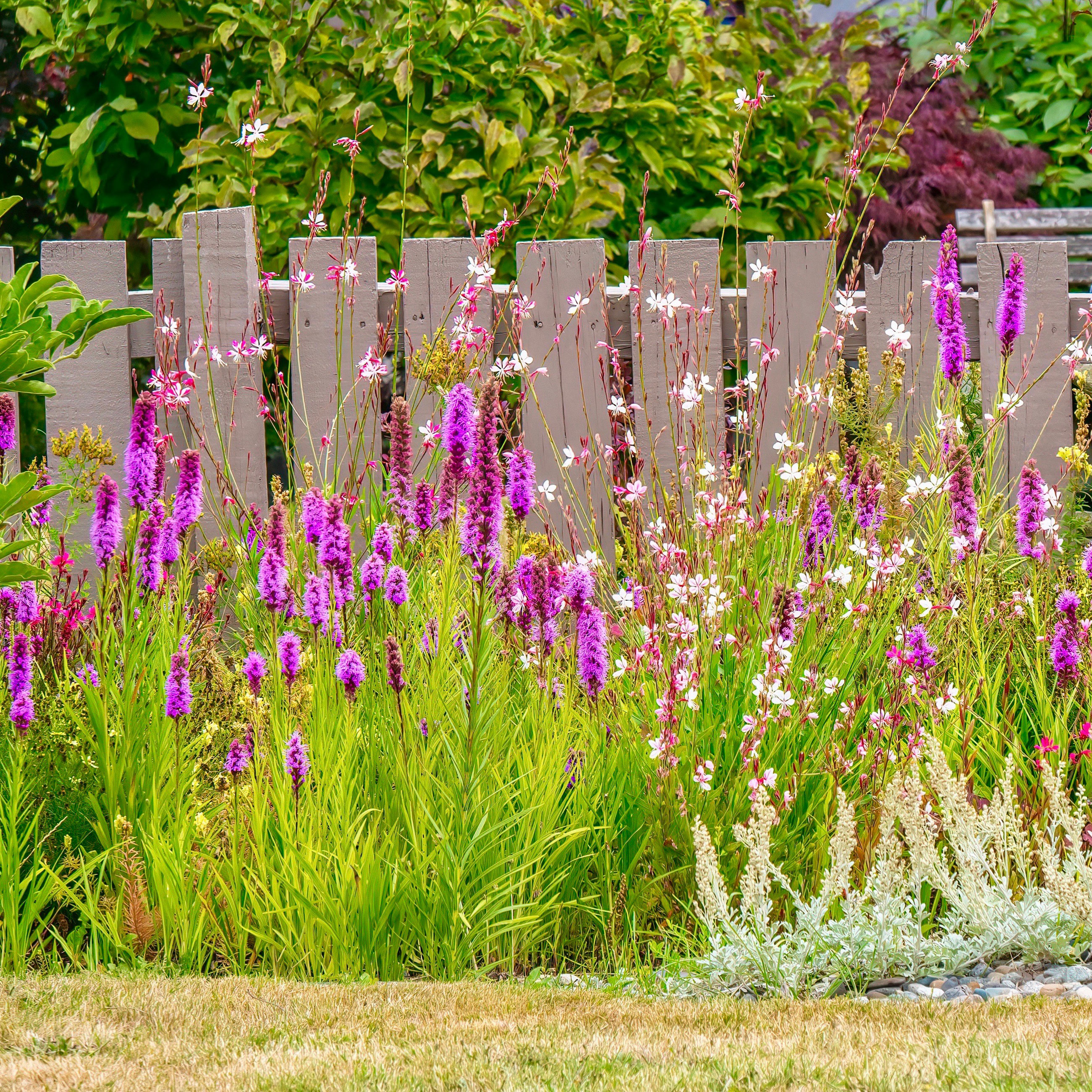 Easy Fence Landscaping Ideas: 6 Ways To Perk Up Your Property Line With Lush Landscaping
Easy Fence Landscaping Ideas: 6 Ways To Perk Up Your Property Line With Lush LandscapingIf you want to brighten up a garden fence, these ideas will provide visual interest and support. Try these easy fence landscaping Ideas for a pretty and private yard
By Teo Spengler
-
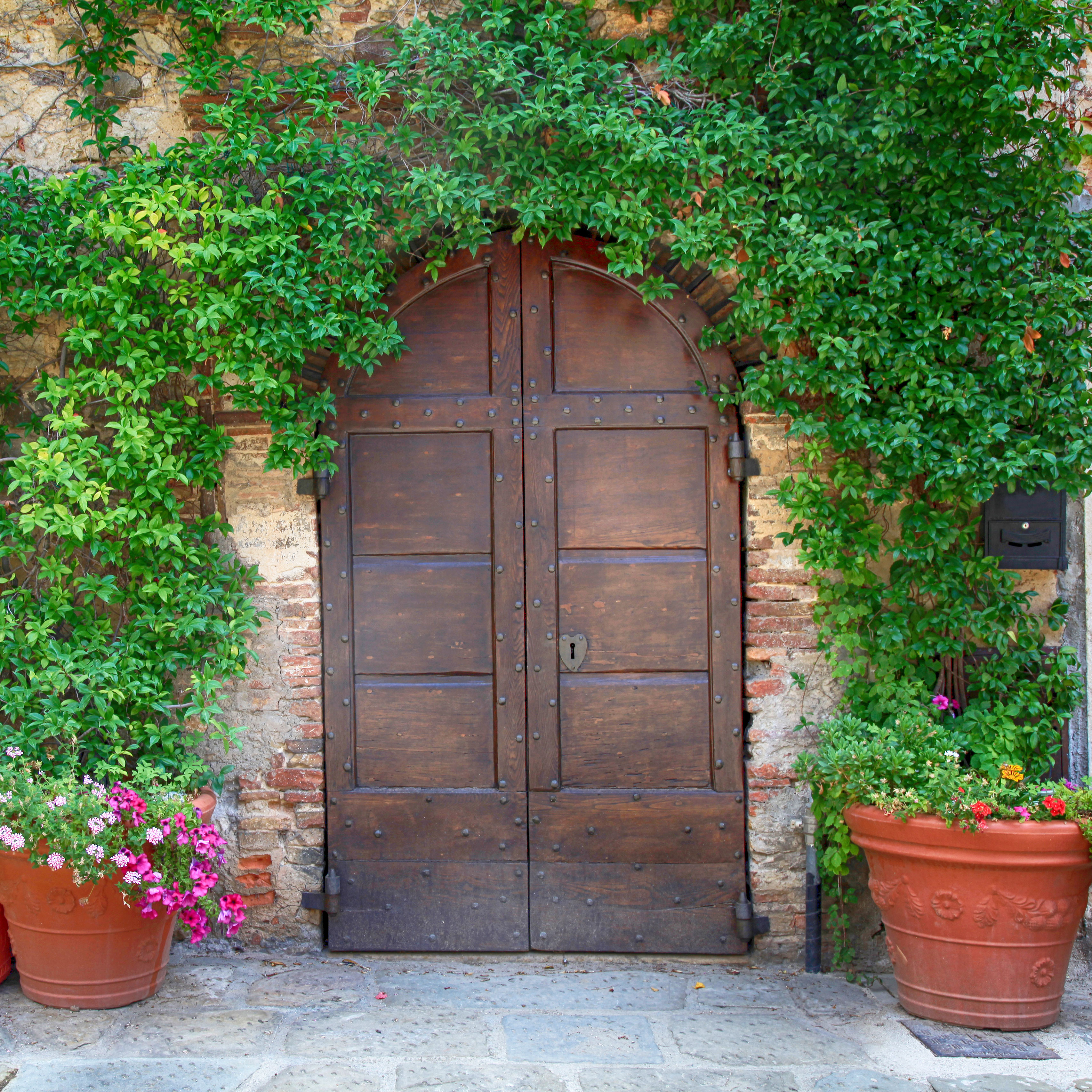 Hardscaping Ideas To Make A Garden Look Old: 5 Ways To Make Your Yard Look Centuries Older
Hardscaping Ideas To Make A Garden Look Old: 5 Ways To Make Your Yard Look Centuries OlderThere are a few ways to make a garden look lived in, but some planting ideas can take time – here, we round up key hardscaping ideas to make a garden look old
By Mary Ellen Ellis
-
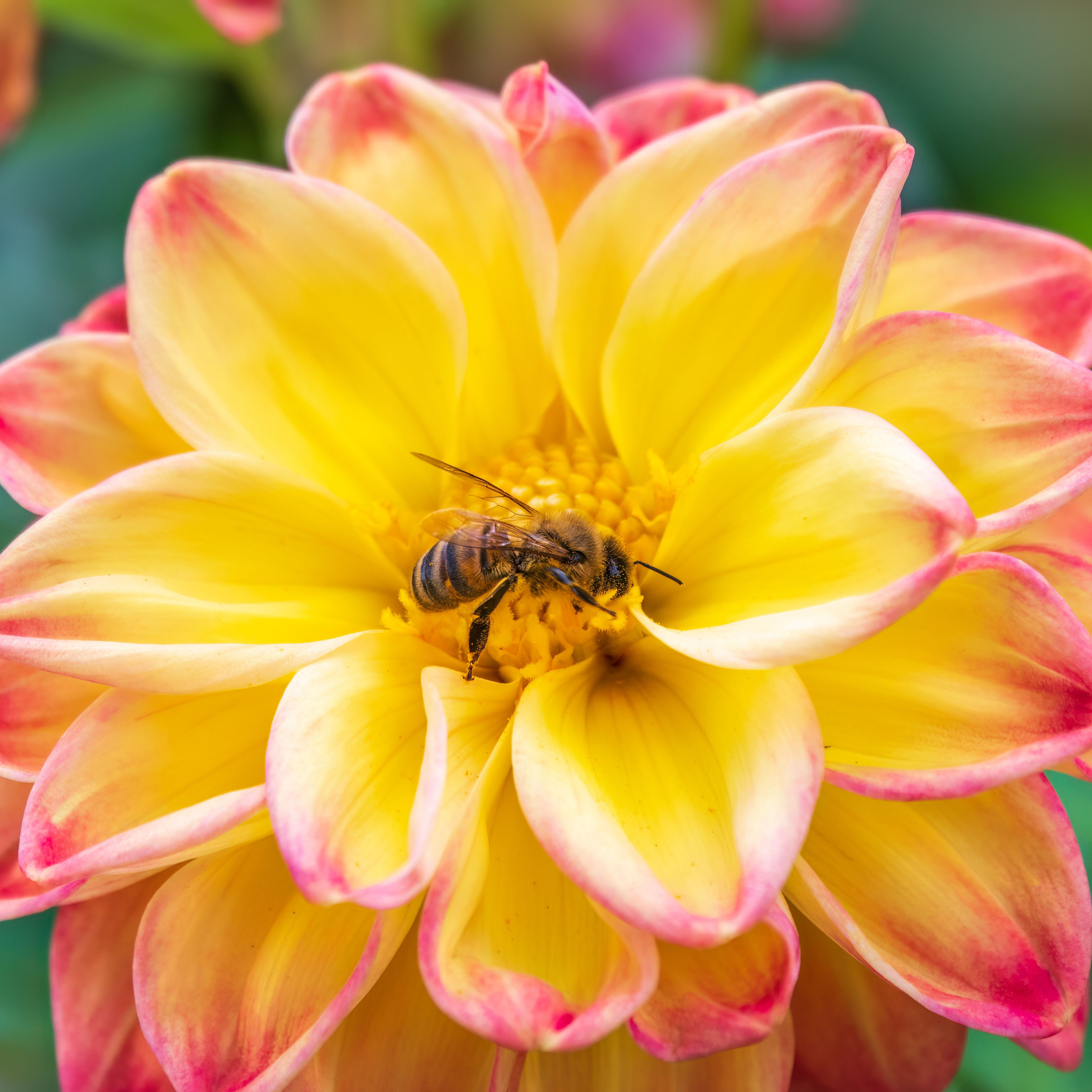 Attract More Pollinators: 8 Best Nectar-Producing Plants For Honey Bees And Other Pollinators
Attract More Pollinators: 8 Best Nectar-Producing Plants For Honey Bees And Other PollinatorsWant to know the core plants you can grow to add beauty while helping beneficial garden friends? Discover the best nectar-producing plants for honey bees and other pollinators
By Tonya Barnett
-
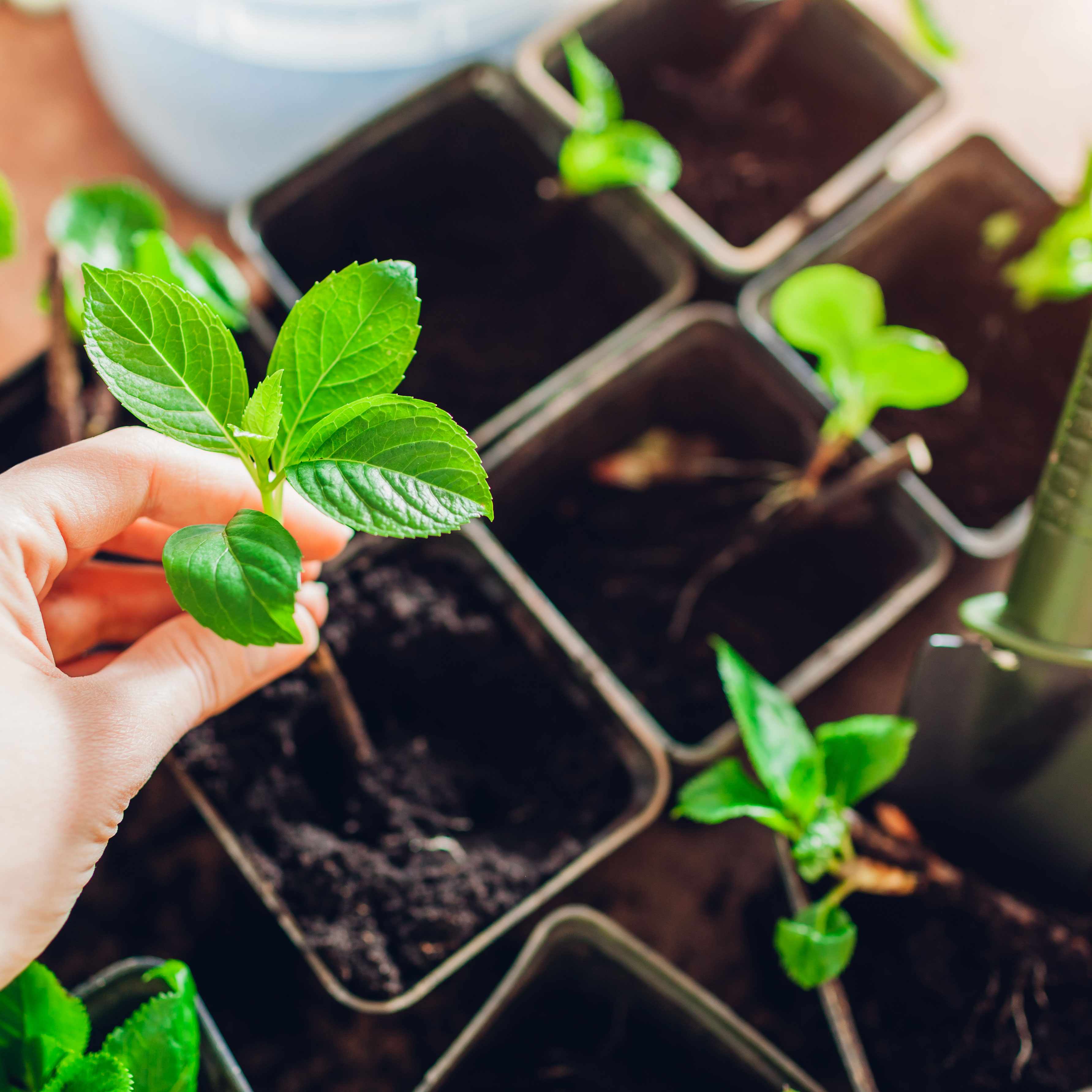 Plants To Propagate In Winter: 6 Of The Best Options For Cultivating Winter Cuttings
Plants To Propagate In Winter: 6 Of The Best Options For Cultivating Winter CuttingsWe usually associate propagation with spring, but there are a few plants you can grow from cuttings in cold months. We round up the best plants to propagate in winter
By Mary Ellen Ellis
-
 Make This Your Year In The Garden: New Year Resolution Ideas To Enhance Your Gardening
Make This Your Year In The Garden: New Year Resolution Ideas To Enhance Your GardeningGet a jump on your gardening projects now so you can reap the rewards year round! Crack open your planner, grab a hot drink, and peruse these key New Year resolution ideas
By Janey Goulding
-
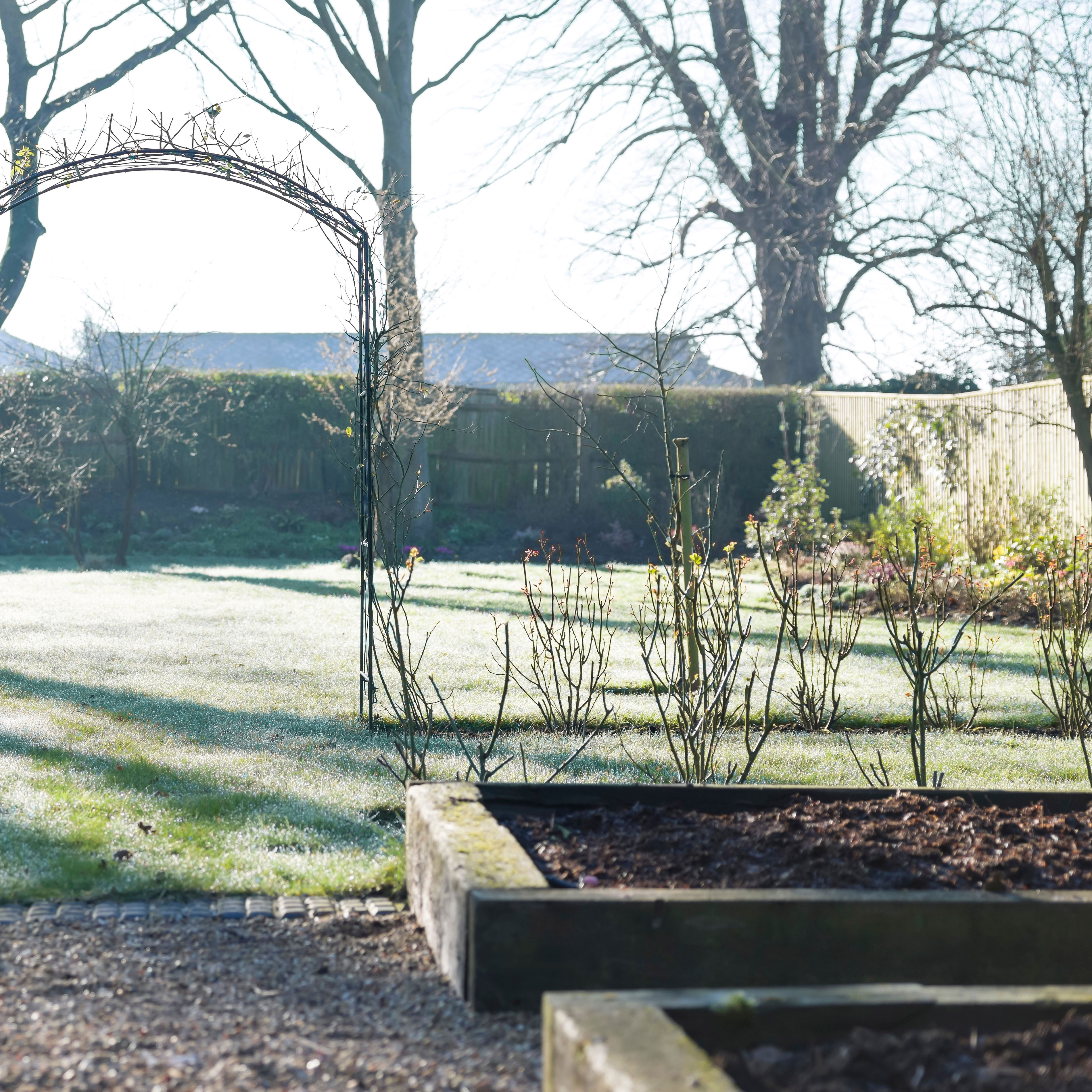 Winterizing Raised Beds: How To Protect Your Raised Bed Gardens In Winter
Winterizing Raised Beds: How To Protect Your Raised Bed Gardens In WinterKeeping raised beds protected in winter will ensure that you can hit the ground running in spring. Our guide to winterizing raised beds will help you get ready
By Mary Ellen Ellis
-
 Get Gardening For Better Sleep: Why Gardens And Plants Can Give You Happier Bedtimes
Get Gardening For Better Sleep: Why Gardens And Plants Can Give You Happier BedtimesWe all know gardening is intrinsically linked to a ‘feel good’ factor – have you ever wondered why it helps with rest? Here’s the thinking behind gardening for better sleep…
By Mary Ellen Ellis